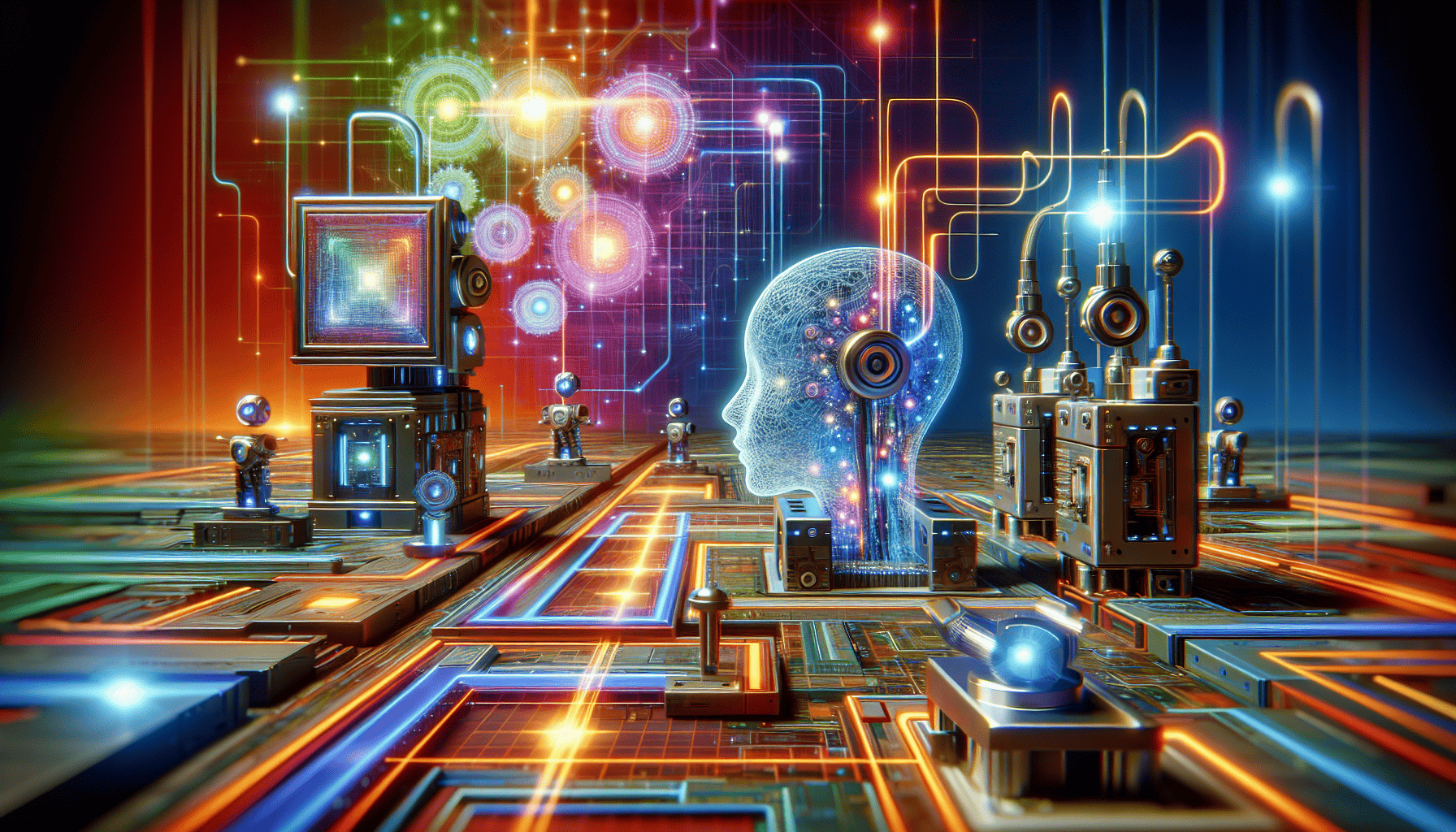Artificial intelligence is more than just a buzzword; it’s a rapidly evolving field. As AI systems begin to build better versions of themselves, we must understand the implications this trend has for our future. In this article, we’ll explore how self-improving AI works and the potential challenges that lie ahead.
Understanding Self-Improving AI
The concept of self-improving AI refers to systems that enhance their own capabilities autonomously, leveraging various algorithmic techniques. It primarily functions through advanced machine learning methodologies that analyze vast datasets to refine their processes. A foundational principle is the “learning by doing” mechanism, where AI models adopt feedback loops, enabling gradual performance improvement.
Reinforcement learning plays a pivotal role, rewarding AI for desired outcomes, thereby guiding it to optimize its strategies. Evolutionary algorithms also contribute by simulating natural selection, fostering the creation of superior algorithms through iterative refinements and adaptations based on previous iterations. These mechanisms underscore the transformative potential of self-improving AI.
The Impacts of AI Self-Improvement
The rise of self-improving AI is set to reshape industries profoundly, with both promising and troubling implications. On the positive side, automation can lead to remarkable efficiency gains, as AI optimizes processes in sectors like manufacturing and logistics, potentially increasing productivity and reducing costs. Additionally, innovative solutions in healthcare, powered by AI, could enhance diagnostics and treatment methodologies. Conversely, the ethical dilemmas surrounding self-improving AI raise concerns over accountability, data privacy, and job displacement in various fields, from customer service to finance. Striking a balance will be crucial to harnessing AI’s power while safeguarding societal values.
Preparing for the AI Revolution
To prepare for the era of self-improving AI, individuals and organizations must adopt a proactive approach. Firstly, **education** should be prioritized; fostering a culture of continuous learning around AI technologies will empower people to understand and collaborate with these systems effectively. Secondly, adapting to new technologies involves integrating AI tools into daily operations, encouraging a mindset that embraces change rather than fears it. Lastly, creating **regulations** focused on ethical AI development is crucial. This includes establishing guidelines for transparent AI use and advocating for inclusive practices. By taking these actionable steps, society can ensure a balanced coexistence with AI advancements.
Conclusions
As AI continues to evolve and improve itself, understanding its capabilities and implications becomes crucial. The advancement of self-improving AI presents opportunities and challenges that we must navigate. Staying informed is essential as we embrace this rapidly changing landscape.

Leave a Reply